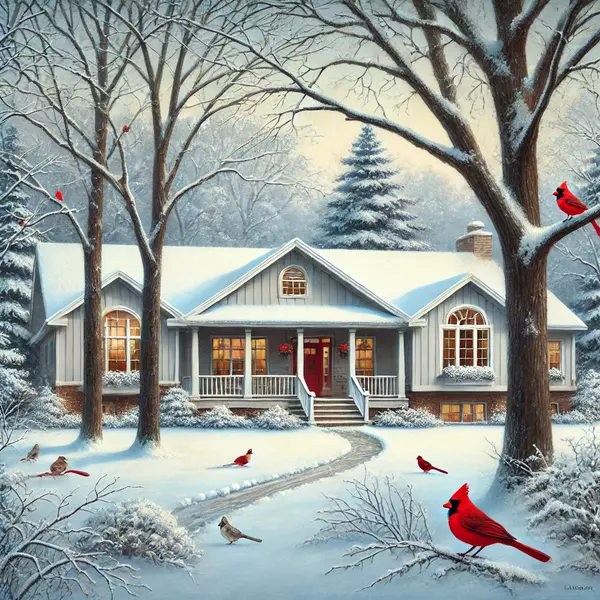
Buying a Home in 2026: Smart Strategies in a Pricey Market
Buying a home in 2026 feels a little like trying to hit a moving target. Prices are still elevated compared to a few years ago. Insurance, taxes, and everyday costs are higher. Interest rates are drifting downward, but not fast enough to feel like a real relief yet. That said, people are still buyin
Read More

The 50-Year Mortgage: Creative Solution or Financial Trap?
You may have seen headlines or social media chatter lately about a proposed 50-year mortgage. On the surface, it sounds appealing. Lower monthly payments. More buying power. Easier affordability. But once you peel back the layers, this is one of those ideas that sounds helpful while quietly creating
Read More

Why the Fed's Rate Cut Won't Fix Housing (And What Comes Next)
The Federal Reserve delivered its third straight rate cut yesterday, trimming the federal funds rate to 3.50%–3.75% in an effort to support the economy. But Fed Chair Jerome Powell warned that this move won’t solve housing market issues anytime soon — and that housing “will be a problem.” Key Takeaw
Read More

Refinance or HELOC? Here's How to Decide
Many homeowners have built significant equity over the last few years. At some point, most ask the same question: Should I refinance my mortgage or take out a HELOC? The short answer is that it depends on your goals, timeline, and current loan. Let’s break down what each option means, how they diffe
Read More
Categories
Recent Posts










